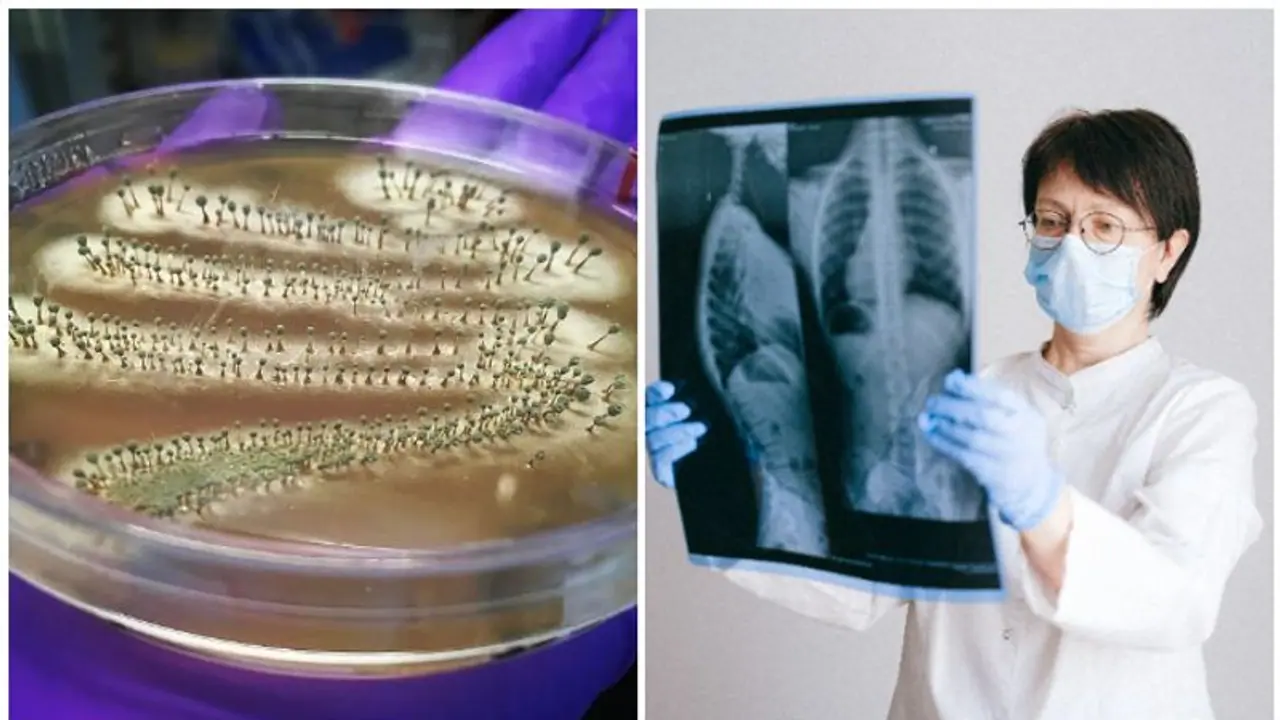Explore the game-changing discoveries in medicine, from penicillin to DNA structure, that have shaped modern healthcare and saved countless lives.
The field of medicine has witnessed remarkable transformations over the centuries, propelled by groundbreaking discoveries that have revolutionized healthcare practices and improved human well-being. From the serendipitous observation of penicillin by Alexander Fleming to the understanding of the DNA double helix structure by James Watson and Francis Crick, each discovery has left an indelible mark on medical history. Vaccination, anesthesia, germ theory, X-rays, and antiseptics are among the other key milestones that have transformed the landscape of healthcare, contributing to disease prevention, safe surgical procedures, and advanced medical imaging. These game-changing breakthroughs have not only saved countless lives but have also laid the foundation for modern medical research and treatment methods. As we delve into the intricacies of these seven crucial discoveries, we gain a profound appreciation for the dedication and ingenuity of the pioneers who have shaped the course of medicine and continue to inspire the quest for further medical advancements.

Here are seven of the most important discoveries in medicine:
1. Penicillin
Alexander Fleming's discovery of penicillin in 1928 marked a turning point in modern medicine. Penicillin is an antibiotic derived from the Penicillium mold and was the first effective treatment against bacterial infections. Its widespread use revolutionized medicine and significantly reduced mortality rates from previously deadly infections, such as pneumonia and sepsis.
2. DNA Structure
The discovery of the DNA double helix by James Watson and Francis Crick in 1953 unraveled the genetic code responsible for heredity and laid the foundation for modern genetics. Understanding the structure of DNA revolutionized the field of molecular biology and enabled groundbreaking research, such as gene sequencing and genetic engineering, leading to advancements in personalized medicine and the treatment of genetic disorders.
3. Vaccination
Edward Jenner's development of the smallpox vaccine in the late 18th century is considered one of the most significant milestones in medical history. Vaccination involves introducing weakened or inactivated pathogens into the body to trigger an immune response. This helps the immune system recognize and remember the pathogen, providing long-lasting protection against infectious diseases like smallpox, measles, and polio.
4. Germ Theory
Louis Pasteur and Robert Koch's formulation of the germ theory in the 19th century established the link between microorganisms and infectious diseases. This understanding led to better hygiene practices and the development of effective antimicrobial agents, revolutionizing disease prevention and treatment.
5. Anesthesia
The discovery and use of anesthesia in the mid-19th century transformed surgery from a painful and perilous procedure to a safe and painless one. William Morton's successful use of ether as an anesthetic during surgery opened the door to major surgical interventions and significantly improved patient outcomes.
6. Antiseptics
Joseph Lister's introduction of antiseptic surgical techniques in the 19th century significantly reduced post-operative infections. His use of carbolic acid during surgeries helped control bacterial growth and paved the way for modern sterile practices in healthcare.
7. X-rays
Wilhelm Roentgen's discovery of X-rays in 1895 revolutionized medical imaging. X-rays allowed for non-invasive visualization of bones and internal structures, aiding in the diagnosis of fractures, tumors, and other medical conditions.
